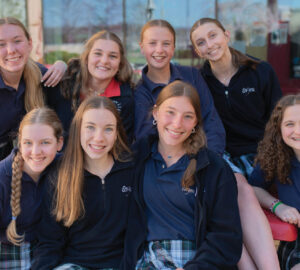clean green
Keeping your home clean doesn’t have to mean using chemical-filled products. Author, conservationist and T&S columnist P. Allen Smith has some natural solutions for life’s dirty problems.
white vinegar
“There are so many things you can do with vinegar when it comes to cleaning,” Smith says. “And it evaporates quickly, so you don’t have to worry about your items smelling funky.” In a spray bottle, combine equal parts water and vinegar with essential oils for a safe, inexpensive, all-purpose cleaner.
tea tree oil
The essential oil has antiseptic and antiviral properties, and it can be used to deodorize your home and even fight mold growth. Smith recommends diluting it with water in a spray bottle.
vodka
In place of chemical odor eliminators, Smith suggests combining equal parts water and vodka (isopropyl alcohol also can be used) in a spray bottle. If you want a specific aroma, just add essential oils.
off the wall
Sometimes, the hardest part of gardening is finding the space. Yards can be too small or shady, building raised beds is time-consuming, and condos and apartments offer their own setbacks. Webster Groves resident Mark Woolbright owns Verdant Technologies, a locally-based maker of Varden, a vertical garden, or living wall. He says this type of garden is a great solution for limited space.
The indoor and outdoor systems can be mounted on a wall or fence, and the smallest option only needs 6 square feet to grow up to 36 plants. “It’s great for people who don’t have a lot of experience,” he notes. “You just have to introduce seeds or a live plug in the containers of soil.”
Plants easily can be switched out with each season. Woolbright says leafy greens and herbs thrive best in vertical gardens, but strawberries and small varieties of carrots and radishes also grow well. Larger vegetables like squash and bigger tomatoes, however, are not good options for the system. “It’s a great way to teach kids about where their food comes from,” he notes. “Plus, you know you’re getting clean produce because you grew it yourself. That’s a big deal.”
in the garden
Pollinator-friendly: Bring bees, butterflies and hummingbirds to your yard with Missouri-native perennials like butterfly milkweed, purple cornflower, aromatic aster and wild bergamot.
Immune-boosting: We’re all thinking about our health a little more, so fill your veggie garden with nutrient-dense plants like collards, kale, onions and red bell peppers.
Composting: Food scraps and yard waste make up 28% of what we throw away. Keep it out of landfills while enriching your soil by composting, which only requires three basic ingredients:
1. Browns: dead leaves, branches and twigs
2. Greens: grass clippings, vegetable and fruit waste, and coffee grounds
3. Water: just combine brown and green materials in your compost pile or bin, and regularly mix and add water.
It’s ready to use when the material at the bottom is a rich, dark color, which usually takes between two months and two years.
Additional sources: Missouri Department of Conservation, health.com, United States Environmental Protection Agency








